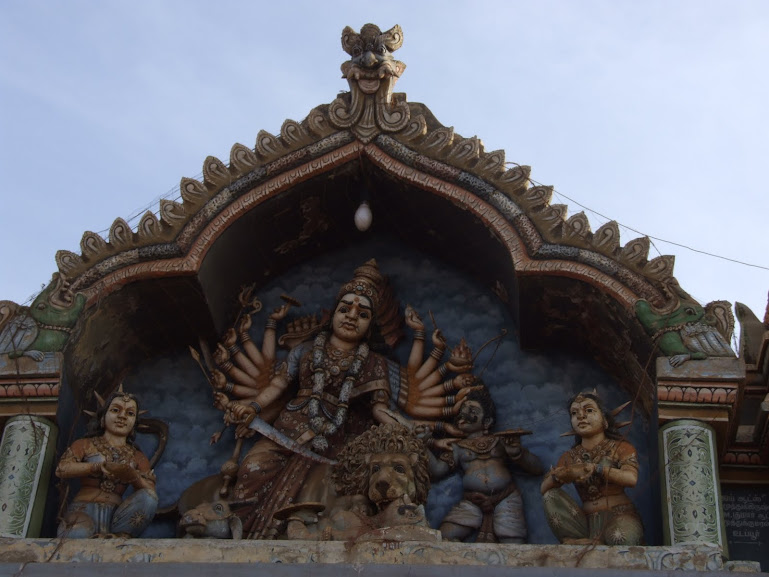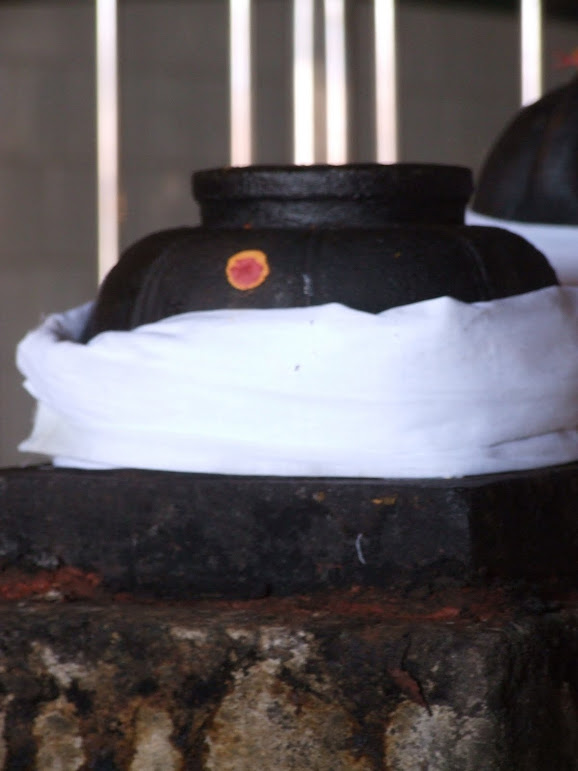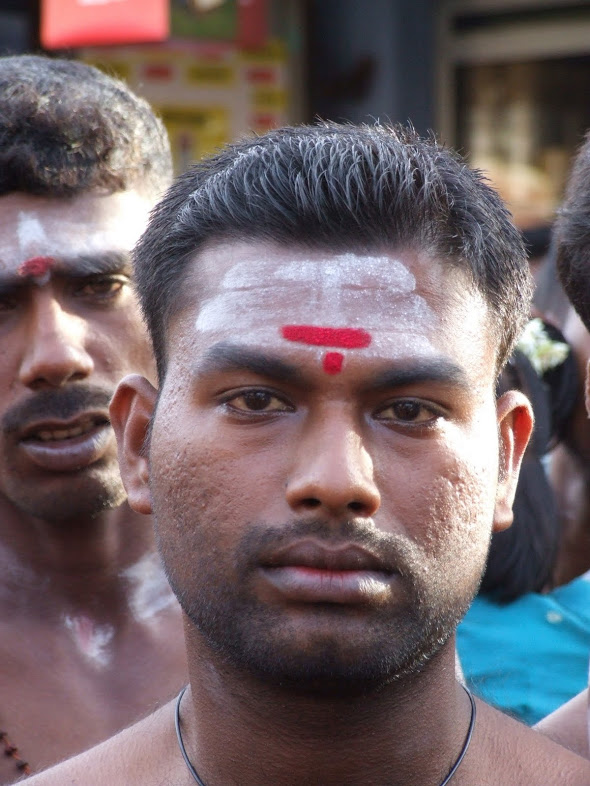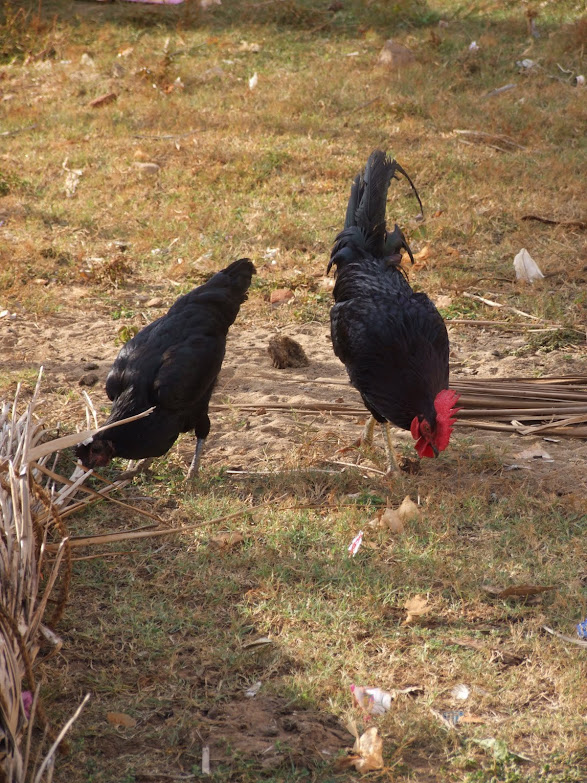The Mahabharatham, which may be translated as “The greatest epic of Bharatha dynasty”. It is one of the longest epics in the world. It has one hundred thousands verses, and approximately 1.8 million words. The epic is four times longer than another popular epic Ramayanam. The Mahabharatham and the Ramayanam are the two major Sanskrit epics in ancient India. Both epics are part of Hindu mythology. The original Mahabharatham was in poetic form. Mahabharatham is translated into many languages including Tamil.
It’s believed that the epic Mahabharatham was composedbetween 200 B.C and 200 A.D. The authorship of the Mahabharatham is traditionally attributed to Vyasa Munivar (hermit). He also plays a major role in the dynastic epic of Mahabharatham. Vyasa Munivar composed the epic in his mind, and could not find a scribe to write it down as a text. He spent 13 years to create the epic Mahabharatham. Vyasa Munivar retired into a cave in Himalayam to compose the longest epic.
According to various texts, it is believed that the first section of Mahabharatham was written by Lord Vinayagar by the request of Vyasa Munivar. And Lord Vinayagar agreed to write down the epic on the condition laid by him to Vyasa Munivar, that he should not pause while reciting it. Both of them agreed and wrote down the epic Mahabharatham.
Human goals are divided as Tharmam or duty, Arththam or Purpose, Kāma or Pleasure or Desire, and Motsham or Liberation. This renowned epic tries to explain the relationship of the individual to the society and the world.
The Pancha Paandavars or five Paandava Princes or five Paandava brothers lost their kingdom, respect, wealth and themselves including their common wife Thiraupathai to Kauravars in a dice game. The Kauravars won the entire kingdom of Kurushesthram by devious means. The jubilant Kauravars insulted the five Paandava Princes and their wife Thiraupathai in front of others. The five Paandava Princes were ordered to go into exile (to the forest) for 12 years by the, and in the 13th year the five Princes should remain in disguise.
If their opponents -Kauravars see the five Paandava Princes, they have to go into exile again for another 12 years. The Kauravars represented the evil forces. The Kauravars drove the Paandava Princes out of their territory. Paandavars and Kauravars were cousins. Their fathers were brothers- Thirutharashdiran and Paandu. Paandavars were embodiment of good and Kauravars were symbolised as evils.
The scene of five Paandava Princes and their common wife Thiraupathai going into exile with Vyasa Munivar and an Anuman was depicted in drama form by the people of Udappu on 2nd of August 2009, the 15th day of the “Aadi Vizha Mahotsavam” of Rukmani Sathyapama Sametha Sri Paarthasaarathy Thiraupathathevi Devasthanam.
It is called “Paandavar Oorvalam” (Paandavar Procession).The main procession began from the Sri Veerapththirakaali Amman Temple, which stopped on the way, and Mahabharatham was recited by a group of men. It was dusk, sun was setting, men, women and children gathered on the streets of Udappu to witness this historic performance. The colouful procession progressed slowly, inch by inch to the compound of Rukmani Sathyapama Sametha Sri Paarthasaarathy Thiraupathathevi Devasthanam at night. The main street which led to the Rukmani Sathyapama Sametha Sri Paarthasaarathy Thiraupathathevi Devasthanam was decorated with branches of Poovarasam tree or Indian Tulip tree on either side of the road.
The performers were chosen by drawing lots. They had to give their names to the Trustee of the Rukmani Sathyapama Sametha Sri Paarthasaarathy Thiraupathathevi Devasthanam prior to the performance, and the Trustee have all the names and have them chosen by drawing lots. They can be performers only once, and next time the chance will be given to others.
“Since women have menstrual problems, we do not take them as performers, because they have to fast for 18 days, go to the temple daily, practice and take part in the performance on a said day. Purity plays a major role in the temple related events, and we have to follow the tradition which has been in place for more than 300 years, we are unable to change it” explained Ramalingadappan Murugesu, the Founder of Hare Krishna Drama and Theatre group.
Performers from Iyappan troupe performed Panchcha Paandava Princes going into exile this year. The performers are as follows:
1.Tharmar- Balakrishnan Thavananthan
2.Thiraupathai- Selvanathan Logithasan
3.Archchunan-Vairavamoorthy Chandrahasan
4.Veeman- Subramaniam Pathmanathan
5.Nagulan-Subramaniam Varatharajan
6.Sagathevan- Periyamuththu Vairan Sivagnanasuntharamoorthy
7.Hermit-Sellakathirkaamar Thavendran
8.Anuman- Nagarasa Vijayaprakash
9.Sun God-Ingaramoorthy
10.Lord Krishna-Kathiresan Nallasivam
11.Nagusan (Snake)- Bastiampillai Ambigairajan
Subscribe to:
Post Comments (Atom)





























































Very beautiful pictures. Our Hindu religion is so beautiful and profound. Like Yogaswami and Arukuka Navalar, I hope we can stop the Christian Missionaries from converting and destroying what's left of our glorious, ancient Hindu religion.
ReplyDeleteManickavasagar
oops..typo..Arumuka Navalar
ReplyDeletethat a wonderful photojournal. uve captured the spirit of a beautiful people who are so infused with the celebrations. excellent work !
ReplyDelete